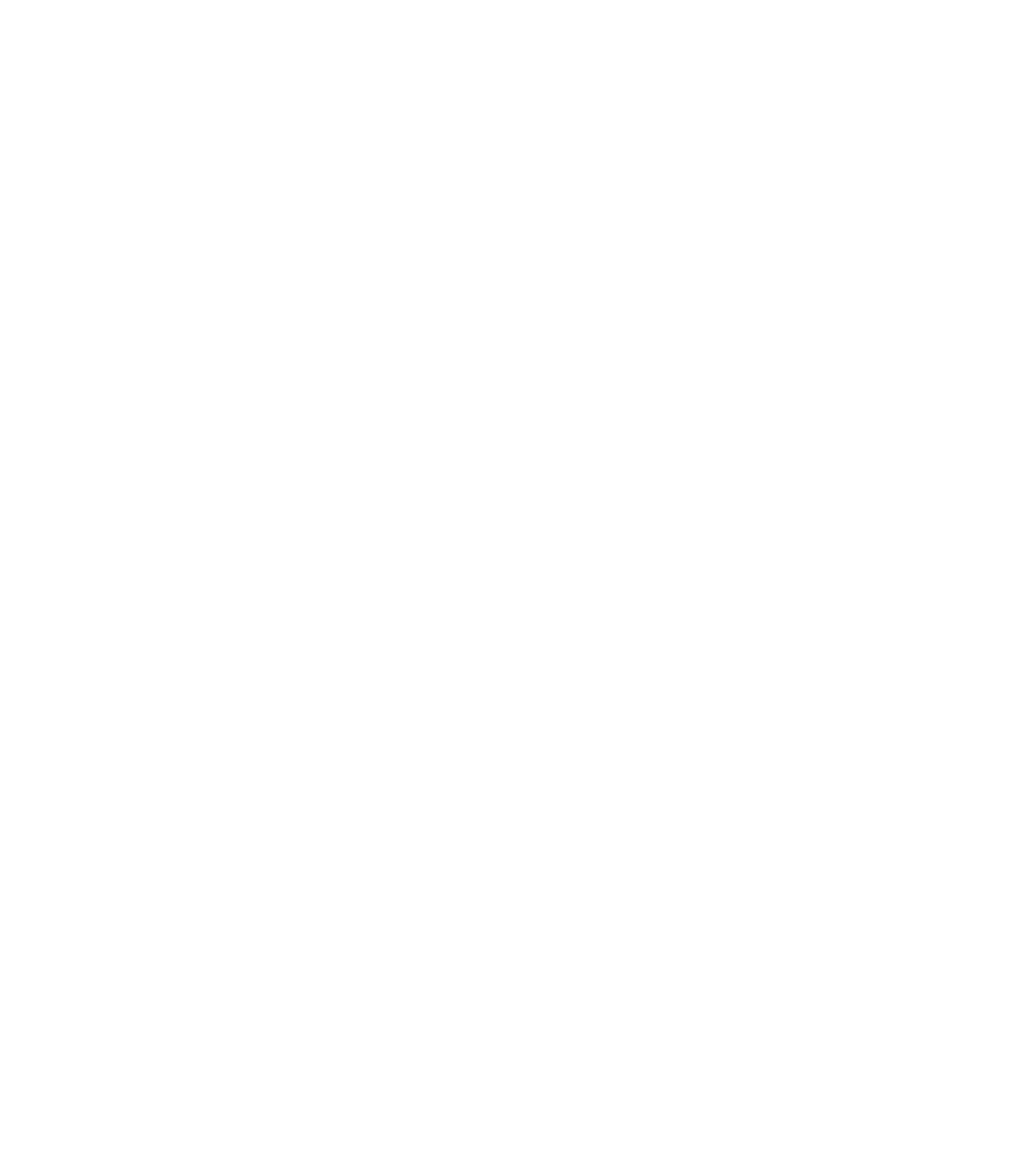Panic attacks can be incredibly distressing and disruptive to daily life. Understanding the common panic attack triggers and developing strategies for managing them can significantly improve your mental well-being. In this article, we'll explore some of the most common triggers for panic attacks and provide tips on how to manage them effectively.
1. Recognize and Avoid Common Panic Attack Triggers
Many factors can trigger panic attacks, including:- Stress and anxiety
- Major life changes
- Phobias and fears
- Traumatic events
- Physical health issues
- Substance use
2. Implement Coping Strategies for Panic Attack Triggers
Developing and practicing coping strategies can help you manage panic attack triggers more effectively. Some helpful strategies include:- Deep breathing exercises
- Mindfulness and meditation
- Progressive muscle relaxation
- Cognitive-behavioral therapy techniques
